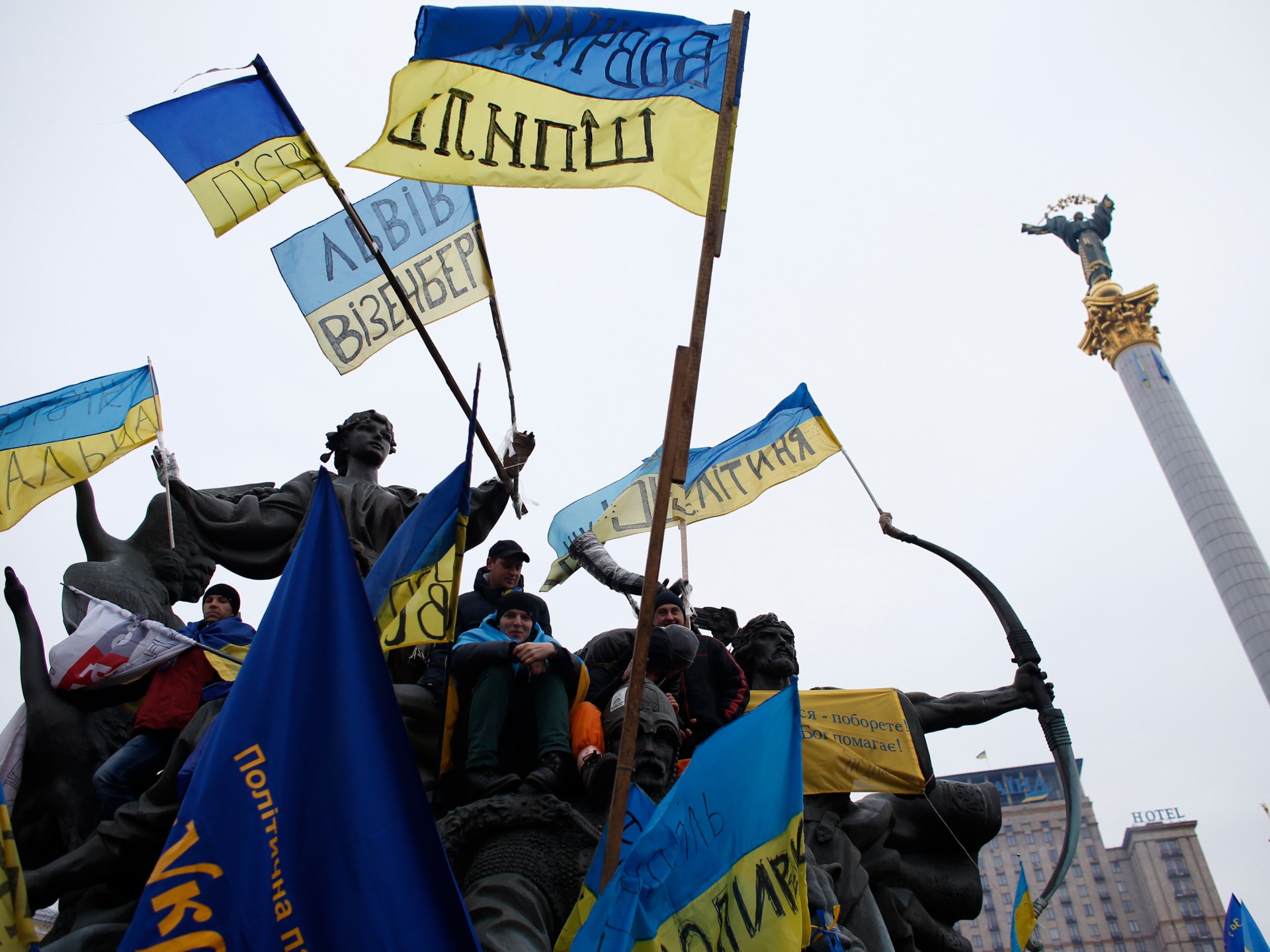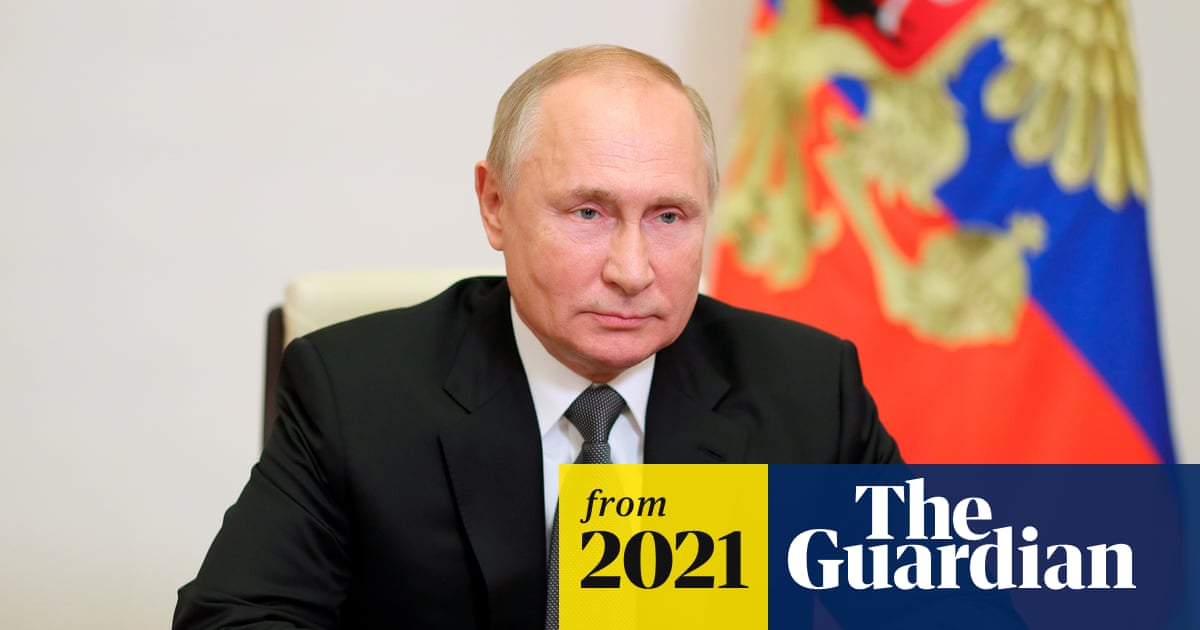For more than three decades, NATO has consistently worked to build a cooperative relationship with Russia.
NATO began reaching out, offering dialogue in place of confrontation, at the London NATO Summit of July 1990 (declaration
here). In the following years, the Alliance promoted dialogue and cooperation by creating the Partnership for Peace (PfP) and the Euro-Atlantic Partnership Council (EAPC), open to the whole of Europe, including Russia.
In 1997, NATO and Russia signed the Founding Act on Mutual Relations, Cooperation and Security, creating the NATO Russia Permanent Joint Council. In 2002, this was upgraded, creating the NATO-Russia Council (NRC) (The Founding Act can be read
here)
We set out to build a good relationship with Russia. We worked together on issues ranging from counter-narcotics and counter-terrorism to submarine rescue and civil emergency planning.
However, in March 2014, in response to Russia's aggressive actions against Ukraine, NATO suspended practical cooperation with Russia. At the same time, NATO has kept channels for communication with Russia open. The NATO-Russia Council remains an important platform for dialogue. That is why NATO Secretary General Jens Stoltenberg has invited all members of the NATO-Russia Council to a series of meetings to improve security in Europe.









